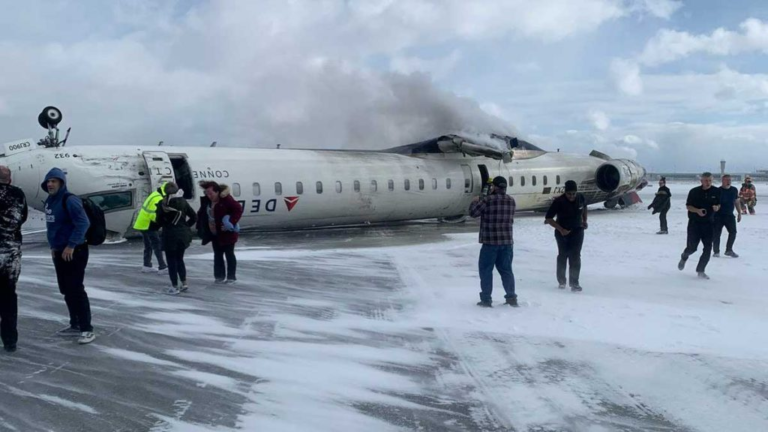
On February 2, 2025, a United Airlines flight from Houston to New York faced a critical situation when the aircraft caught fire during takeoff at George Bush Intercontinental Airport. The Airbus A320, operating as Flight 1382, was accelerating on the runway around 8:30 a.m. when passengers noticed flames emanating from one of the wings. The crew promptly aborted the takeoff, and all 104 passengers, along with five crew members, were safely evacuated with assistance from Houston firefighters. No injuries were reported, and the passengers were transported back to the terminal via bus. The incident was attributed to an engine issue, and the flight was rescheduled to depart later that day at 12:30 p.m. local time. The Federal Aviation Administration (FAA) has initiated an investigation into the incident.

This event underscores the critical importance of rigorous maintenance and safety protocols in aviation. While the term “houston plane crash 2025” might suggest a catastrophic event, it’s essential to clarify that this incident did not result in a crash, thanks to the swift actions of the flight crew and emergency responders. Such occurrences, though alarming, are rare and serve as a testament to the effectiveness of current safety measures in place.
In a related incident, a United Airlines flight from Houston to Fort Myers experienced an engine fire shortly after takeoff in March 2024. The Boeing 737 had to return to George Bush Intercontinental Airport after flames were observed shooting from one of its engines. All 167 passengers on board were safely evacuated, and the FAA conducted a thorough investigation into the cause of the engine fire.
These incidents highlight the unpredictable nature of air travel and the paramount importance of safety protocols. United Airlines, along with regulatory bodies like the FAA, continually work to investigate such events to prevent future occurrences and ensure passenger safety remains the top priority.





